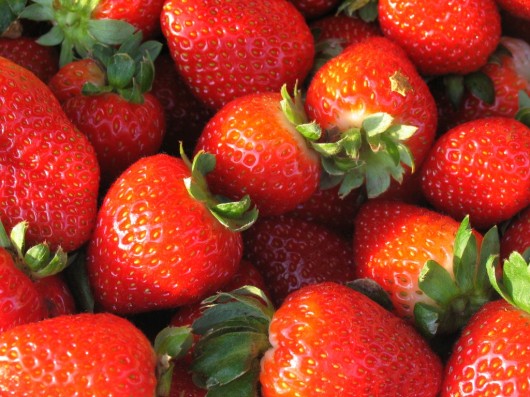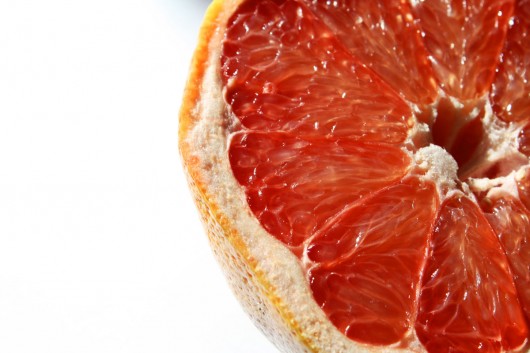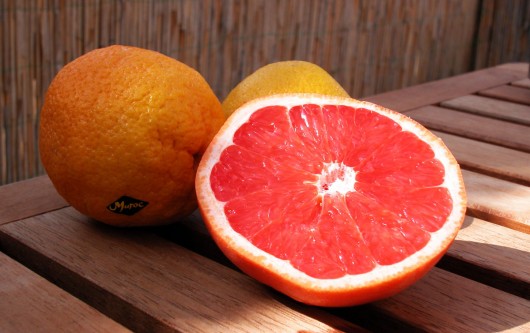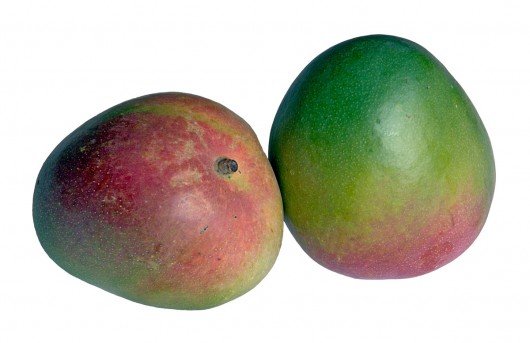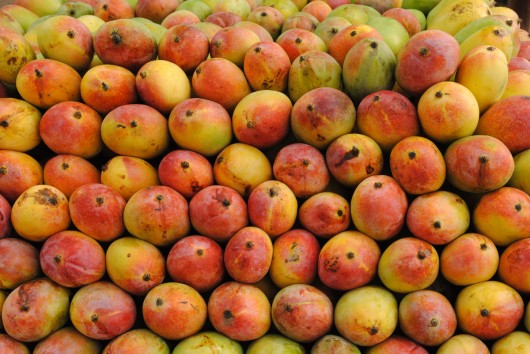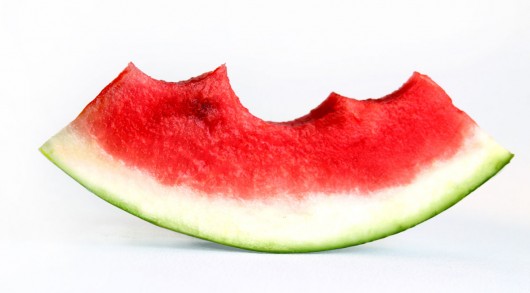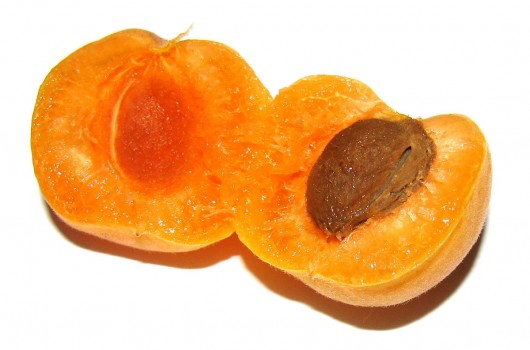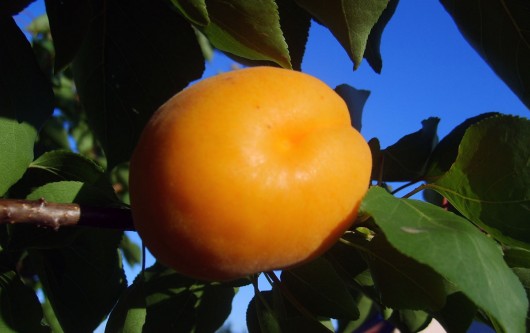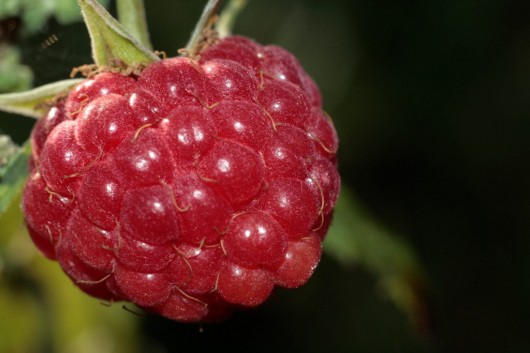Raspberries as a Superfood
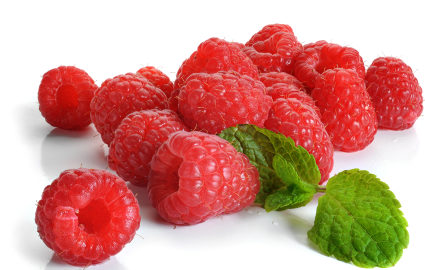
Ever since my grandmother would send me into her garden to pick raspberries for a pie or her wonderful raspberry jam I have loved this wonderful berry. Every third berry wound up in my mouth and not in the bowl. That is why it is so great to learn that raspberries are not only delicious, but they are good for you as well. In fact, they are high on the list of superfoods.
Why are Raspberries a Superfood?
A superfood is any food that promotes both weight control overall health. They contain a high number of nutrients that fight diseases and make you full without eating a lot so you don’t take in a lot of calories. Superfoods are also simple to work into meals each day.
Raspberries fit all the traits of a superfood. Some of the nutrients they contain include high levels of vitamin C and manganese. In fact, a cup of raspberries a day will give you 50 percent of the daily value of each of these. They also contain the most fiber of any fruit.
One of the biggest qualities of a superfood is that they contain antioxidants. Raspberries are high in anthocyanin flavonoids, meaning that they are dense with antioxidants.
Use in Homeopathic Medicine
Traditionally, there are many uses for raspberries as cures for illnesses and conditions. The Chinese have used them for years to cleanse the toxins from the kidneys and the liver as well as the urinary tract. Oriental medicine has used it as a cure for anemia.
The tannins in the leaves of the raspberry plant can help relieve gastrointestinal issues like diarrhea. These same astringent properties can be used to treat sore throat and sores in the mouth. These properties also make the leaves suitable for helping to cure acne, dermatitis, and itching skin.
The Health Benefits of Eating Raspberries
The wonders of antioxidants are a hot topic when it comes to improving health these days. Raspberries contain hundreds of the anti-aging properties of antioxidants. No one has been able to find any reason why you can’t eat as many raspberries as you want every day to take full advantage of these antioxidants.
There are thousands of enzymes in the body that require vitamin C, so the fact that you can get one-half the recommended amount in one cup of raspberries is exciting. The high manganese levels balance estrogen levels and are also good for the metabolism.
Raspberries are 20 percent fiber. Fiber is good for lowering cholesterol, can keep you regular. And can fight off fatigue. Fiber also triggers the growth of the good kinds of bacteria that are needed in the gastrointestinal system.
There are also nutrients in raspberries that can aid in fighting cancer or preventing it. There is a plenty of iron, folic acid, and copper in the berries that can help prevent certain anemias.
Basic Growing Requirements
Many people in this country believe that the best raspberries come from the Pacific Northwest. But raspberries will do fine anywhere that doesn’t have extremely cold temperatures and in spots where they will get a lot of sun and one to two inches of water a week.
Raspberry cereals, smoothie, powerbar…
Since it seems that eating raspberries takes care of a lot daily requirements for nutrients and are so beneficial as a superfood, finding different and fun ways to get them into your diet seems like a good idea.
- You can’t go wrong with popping them in your mouth a few at a time straight from the carton.
- Putting them in your morning cereal is always a good idea.
- Use them as the main part of a morning smoothie:
- ½ cup of raspberries
- 1 banana
- 1 cup of organic apple juice
- ½ cup of water
You can even make your own raspberry breakfast bars. Between the raspberries and the oats, wheat flour, wheat germ, and walnuts that are in these, what better way to start of the day in a healthy way?
Another cool smoothie with peaches and raspberries:

